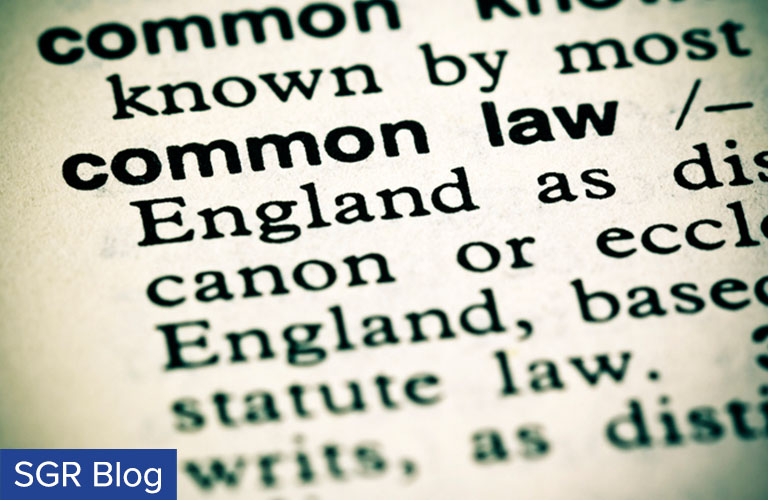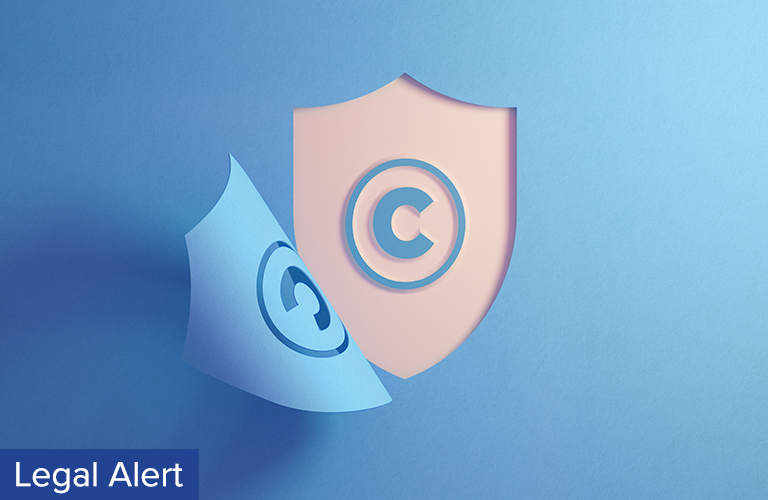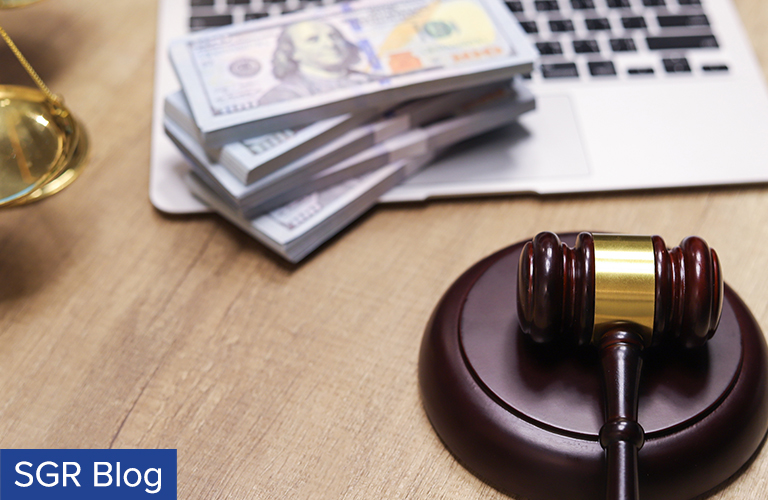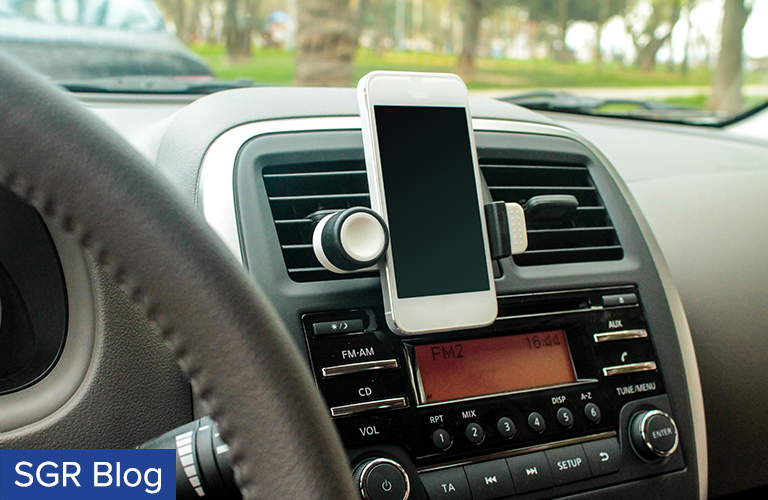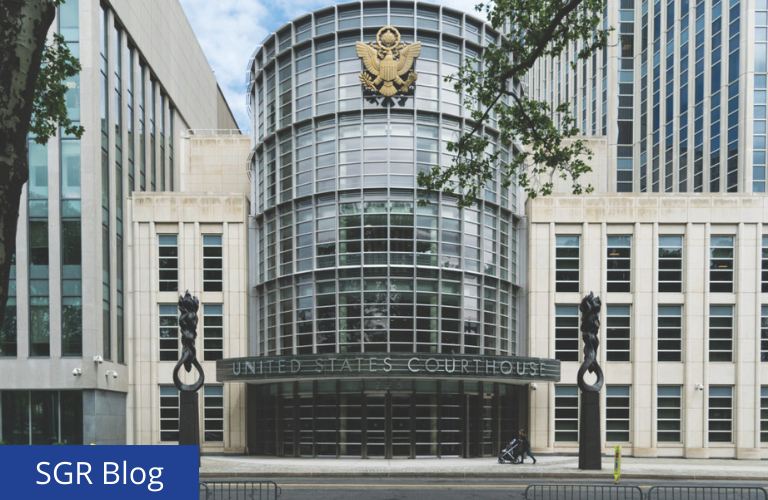
A recent case out of the Eastern District of New York highlights the (1) criticality of exactness and timeliness of expert disclosure under the Federal Rules; and (2) that practitioners should not rely on the supplementation process available at Rule 26 to set forth opinions that “could have been asserted” at an earlier date. Mirkin v. XOOM Energy, LLC, 2024 WL 4143376 (EDNY Sept. 2024) involves two expert reports of a class action plaintiff Mirkin. Plaintiff’s first expert report was “adopted” by the District Court to support class certification, and to deny defendant’s motion for summary judgment. Thereafter, and at… Read more


